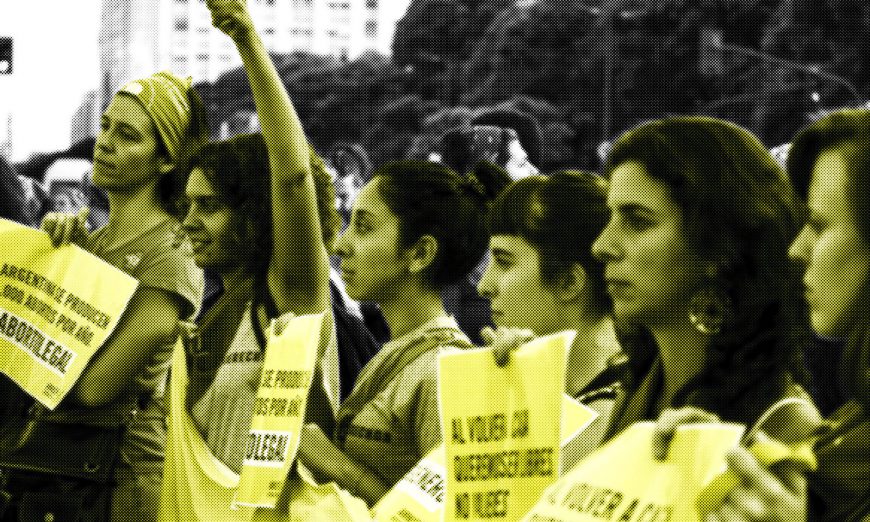Friday, June 29, 2007, ISTANBUL – Turkish Daily News
Orhan Kemal Cengiz
Because of my title you might expect me to talk about the harassment, intimidation and violence that human rights defenders confront in Turkey. But I have different intentions.A short personal recollection first. Four years ago I was attending an international gathering in Sofia, the ‘Balkan Human Rights Conference’. All participants, most of whom were lawyers, were supposed to discuss general human rights problems first and then focus on freedom of religion and related issues in their respective countries. By chance, I was the first speaker and I criticized Turkey and her restrictive policies on freedom of religion very harshly. The content of my speech was completely identical to the one I had given on many occasions in Turkey and would give again. While I spoke passionately everyone nodded their heads in agreement. But something very strange happened when I started listening to the other speakers; gradually I realized I was in a strange group. People were talking about how successful their governments were in protecting human rights in their countries-in Serbia, Macedonia, Albania, Romania, Montenegro and others. I was extremely angry. I listened quite patiently to all the speakers and it was like a joke. Only the Bulgarian lawyer criticized his government. After the break I stormed into my room at the hotel, connected to internet and downloaded reports of Amnesty International and Human Rights Watch about the these countries.
In the second session I was the first speaker again but not by a chance this time! First I said to their faces that they were all telling lies. I said I did not know whether these lies were caused by their ignorance of the human rights problems in their countries or if they simply believed this is how one should speak in an ‘international meeting’. Then I said I criticize Turkey in Turkey exactly the way I did here in this meeting; if I want to make propaganda as you have, I am in a much better position than you are in, because I believe you cannot criticize your countries so freely. And then I gave a long lecture on the meaning of being a human rights defender. I hijacked the meeting!
This is the dilemma facing human rights defenders at any given time. We speak a language open to exploitation. We criticize our countries and our criticism receives praise but then we realize those who praise us are actually not sensitive to human rights at all; perhaps they even hate our countries and our people. Turkey is one of the countries in the world suffering much prejudice and I believe the lack of criticism, not being an open society, and the authoritarian tendencies of our state apparatuses create a fertile ground on which these preexisting prejudices feed.
I am not saying that people from outside should not criticize this country. On the contrary, everyone should be able to criticize every country in the world. But to be taken seriously one should be honest; one should subject one’s own country to the same ethical scrutiny one uses on the countries of others.
As I said to the participants of the ‘Balkan Human Rights Conference’, being a human rights defender means “speaking the truth to power, being a witness to persecution and suffering, and supplying a dissenting voice in conflict with authority”. It means being an intellectual with conscience. As put so eloquently by Edward Said, we are always in exile, marginal and alien everywhere! This is what being a human rights defender means! Q&A
How are sexual violence and abuse regulated under Turkish Law?
Sexual assault and rape are serious offenses under the Turkish Penal Code (TPC), requiring imprisonment of up to seven and twelve years respectively. Marital rape is also a punishable crime under article 102 of the TPC, provided that the victim brings a case against the assailant spouse. Likewise child molestation is a crime under article 103 of the TPC which provides for imprisonment from three to eight years. In the case of incest the punishment is increased by one half.
Sexual harassment, defined under article 105 as “any act of harassment with sexual intent”, requires imprisonment of up to two years upon the complaint of the victim. In the case of the commission of sexual harassment in the workplace by a perpetrator who occupies a higher rank in the organization than the victim does, in other words if committed as an abuse of authority, the punishment is increased by one half. Sexual harassment at the workplace is also regulated by the Labor Code. According to Article 24 of this law a victim of sexual harassment can terminate the work contract without prior notice. See you next week!
http://www.turkishdailynews.com.tr/editorial.php?ed=orhan_cengiz

